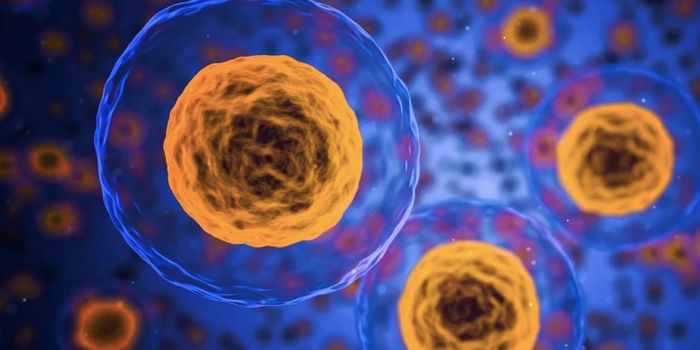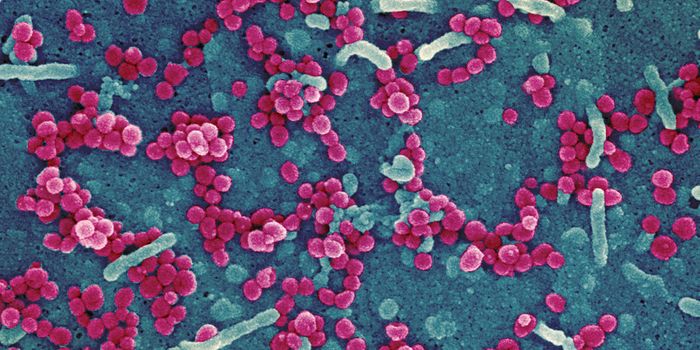Battling Bacterial Pneumonia, No Antibiotics Required
Instead of flooding the body with antibiotics, what if we could program cells to fight off pathogens more effectively? This is the rationale for a new therapy for bacterial pneumonia developed by researchers at the National Institutes of Health. The approach leverages macrophages, specialized immune cells that 'eat' and destroy foreign bodies, as well as a naturally-produced molecule called epoxyeicosatrienoic acids (EETs).
Streptococcus pneumoniae is among one of the leading bacterial causes of pneumonia-related deaths every year. When it comes to fighting back, our options are quickly dwindling. Physicians typically administer a course of antibiotics to pneumonia patients in a bid to dampen the infection. However, the bacteria are becoming resistant to antibiotics.
This challenge spurred a group of researchers led by Matthew Edin from the National Institute of Environmental Health Sciences (NIEHS) to look for alternative approaches to combating pneumonia.
During the peak of the disease, inflammation within the delicate structures of the lung drives macrophages to eliminate the bacteria. Edin's team discovered a way of ramping up the number of bacteria that macrophages engulf: by tuning down the anti-inflammatory effects of EETs.
The team identified a small molecule called EEZE that blocked EETs and elevated macrophage activity, thereby rapidly slashing bacterial concentrations in the lungs and resolving pneumonia without antibiotic treatments. The researchers validated their findings in animal models of pneumonia and an experimental model using lung and blood samples from pneumonia patients.
Edin says that EEZE is safe and effective in mice, making it a hopeful candidate as a human therapeutic. "These new molecules could be used in an inhaler or pill to promote bacterial killing and make the antibiotics more effective," said Edin.









